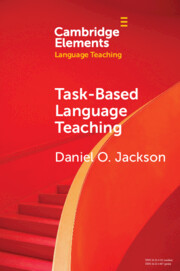Introduction: There is increasing evidence to support the integration of simulation into medical training; however, no national emergency medicine (EM) simulation curriculum currently exists. Using Delphi methodology, we aimed to identify and establish content validity evidence for EM curricular content best suited for simulation-based training to inform national postgraduate EM training. Methods: A national panel of experts in EM simulation-related education iteratively rated potential curricular topics, on a 4-point scale, to determine those best suited for simulation-based training. After each round, responses were analyzed and topics scoring <2/4 were removed. Remaining topics were resent to the panel for further ratings until consensus was achieved, defined as Cronbach α ≥ 0.95. At conclusion of the Delphi process, topics that were rated ≥3.5/4 were considered core curricular topics, while those rated 3.0-3.5 were considered extended curricular topics. Results: Forty-four experts from 13 Canadian centres participated. Two hundred and eighty potential curricular topics, in 29 domains, were generated from a systematic review of the literature, analysis of relevant educational documents and a survey of Delphi panelists. Three rounds of Delphi surveys were completed before consensus was achieved, with response rates ranging from 93-100%. Twenty-eight topics, in 8 domains, reached consensus as core curricular topics. An additional 35 topics, in 14 domains, reached consensus as extended curricular topics. Conclusion: Delphi methodology allowed for achievement of expert consensus and content validation of EM curricular content best suited for simulation-based training. These results provide a foundation for improved integration of simulation into postgraduate EM training and can be used to inform a national simulation curriculum to supplement clinical training and optimize learning.
